An eight-metre (26-foot) sperm whale was found dead off the Italian island of Sardinia with 22 kilograms (48.5 pounds) of plastic in its belly, prompting the World Wildlife Foundation to sound an alarm Monday over the dangers of plastic waste in the Mediterranean Sea.

The environmental group said the garbage recovered from the sperm whale’s stomach included a corrugated tube for electrical works, plastic plates, shopping bags, tangled fishing lines and a washing detergent package with its bar code still legible.
The female whale beached off the northern coast of Sardinia last week within the vast Pelagos marine sanctuary, which was created as a haven for dolphins, whales and other sea life.
“It is the first time we have been confronted with an animal with such a huge quantity of garbage,” Cinzia Centelegghe, a biologist with the University of Padova, told the Turin daily La Stampa.
The exam also determined that the whale was carrying a fetus that had died and was in an advanced state of decomposition.

Get daily National news
Experts said the mother whale had been unable to digest calamari due to the huge amount of plastic it had ingested, filling two-thirds of its stomach.
WWF said plastic is one of the greatest threats to marine life and has killed at least five other whales that had ingested large amounts of it over the last two years from Europe to Asia.
WATCH: 88 pounds of plastic found inside whale’s stomach

Another sperm whale died off the Italian island of Ischia, near Naples, last December with plastic bags and a thick nylon thread in its stomach, but plastic was not the cause of death.
WWF said that between 150,000 and 500,000 tons of plastic objects and 70,000 to 130,000 tons of micro-plastics wind up in Europe’s seas each year.
To combat the phenomenon, the European Parliament last week approved a new law banning a wide range of single-use plastic products, including plates and straws, starting in 2021.
Italy’s environment minister, Sergio Costa, lamented the whale’s death and said he planned to propose a new law this week to limit the use of plastics.
The law will permit fishermen to bring plastics recovered at sea to land for proper disposal, which they are currently barred from doing. Costa also pledged Italy would be one of the first countries to enact the European single-use plastics ban and appealed to the mayors of Italian cities and coastal towns to adopt the ordinances in advance of the 2021 law.
“We have been using disposable plastics in a carefree way in these years, and now we are paying the price,” he said. “The war on disposable plastics has started. And we won’t stop here.”
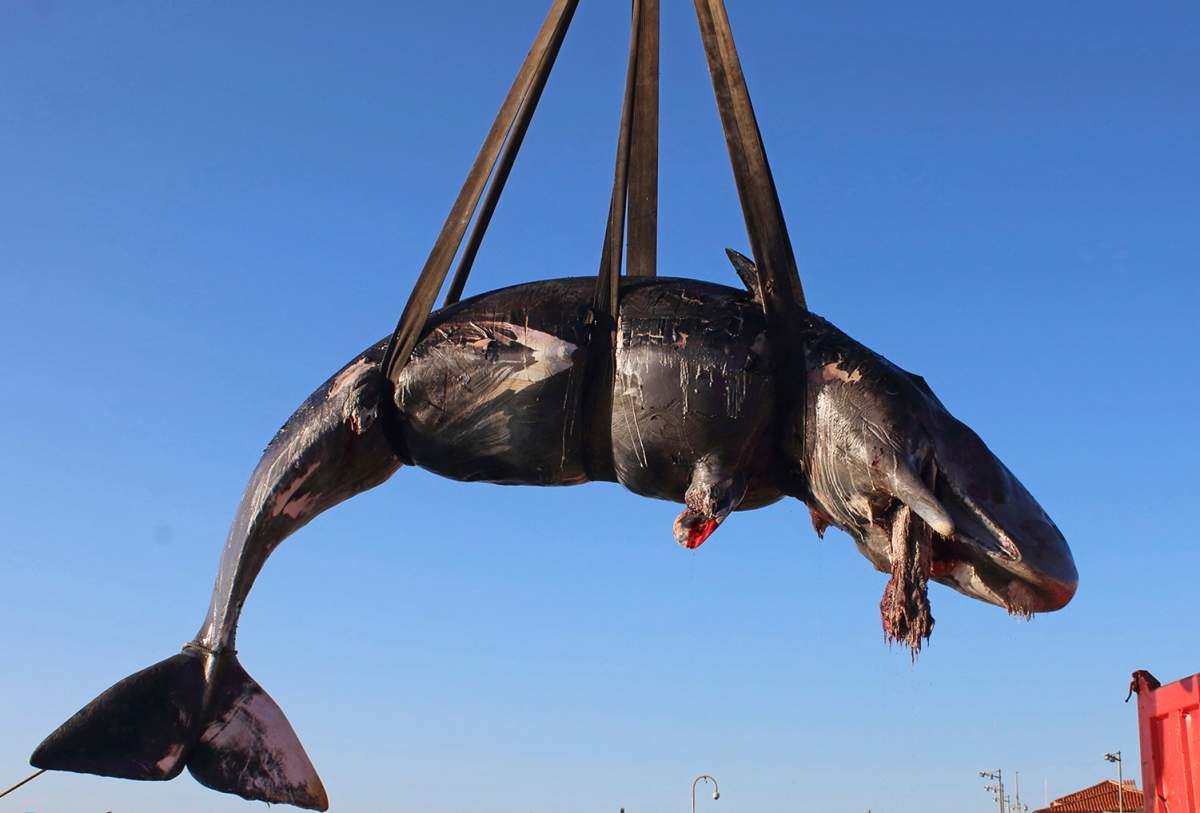
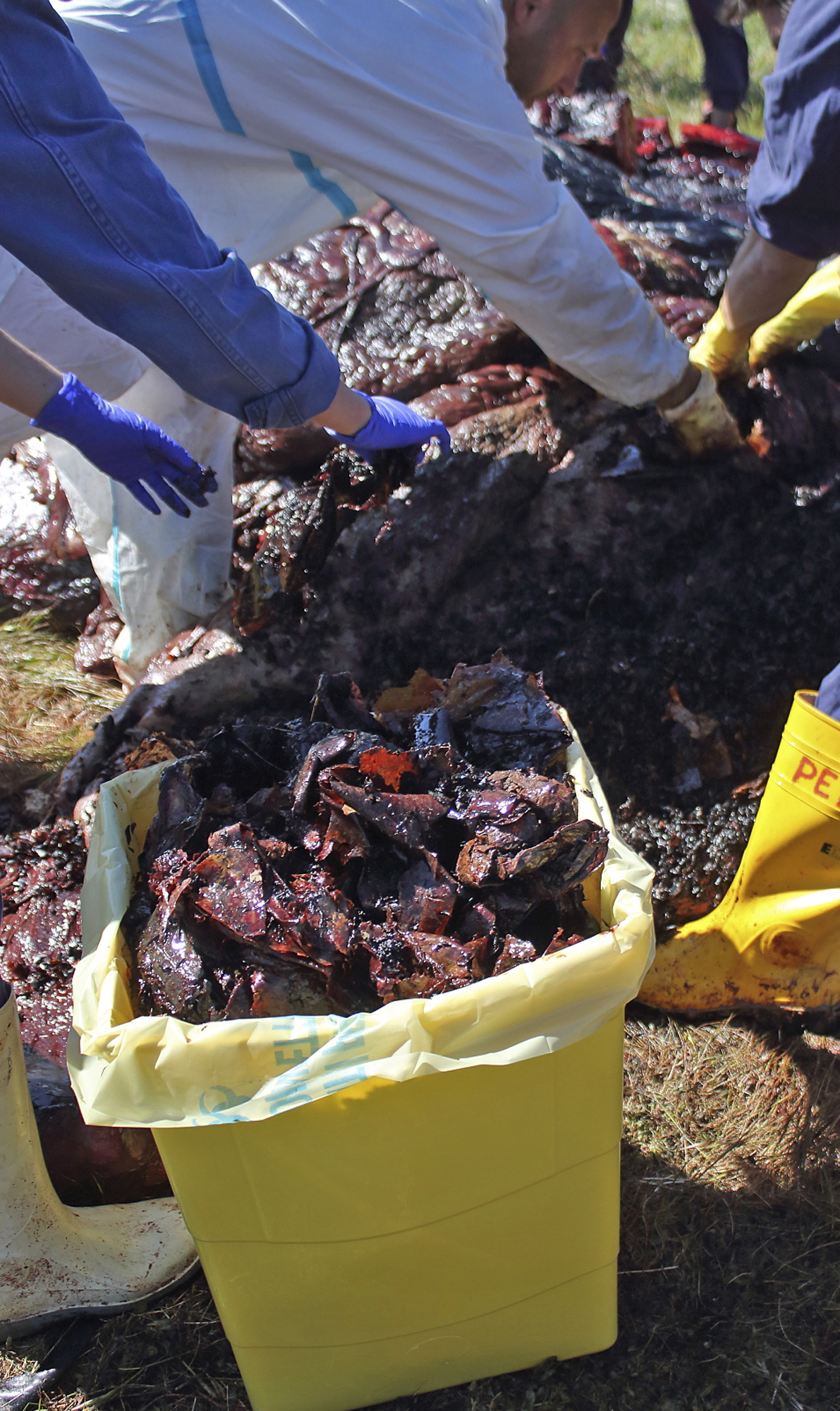
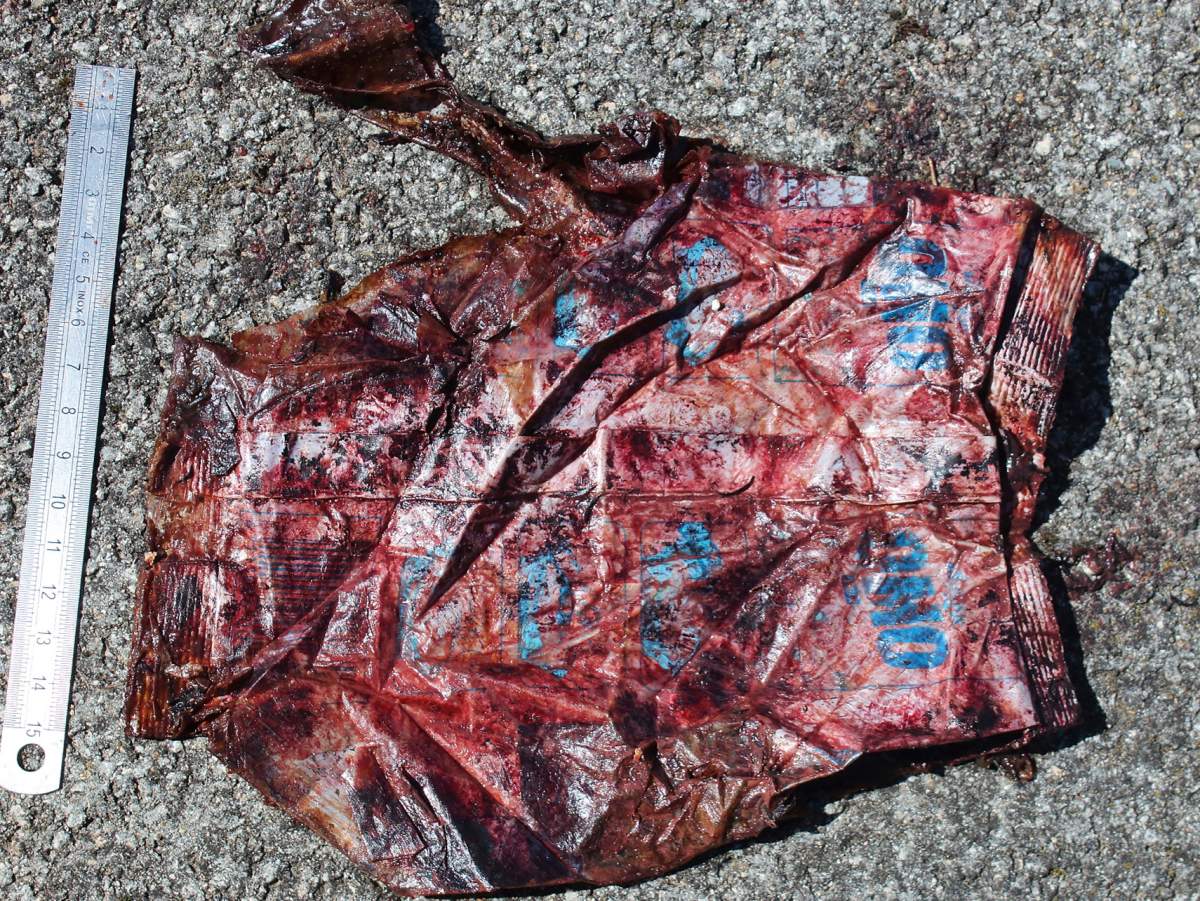


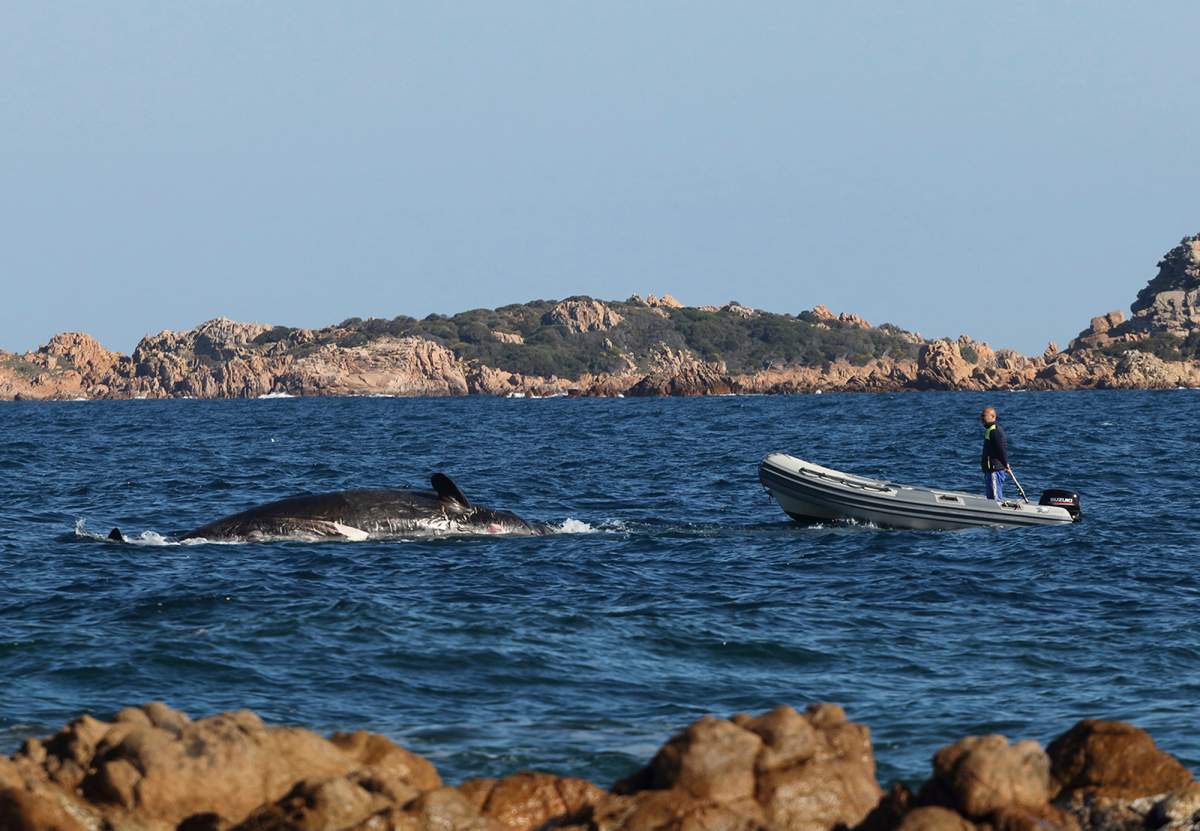
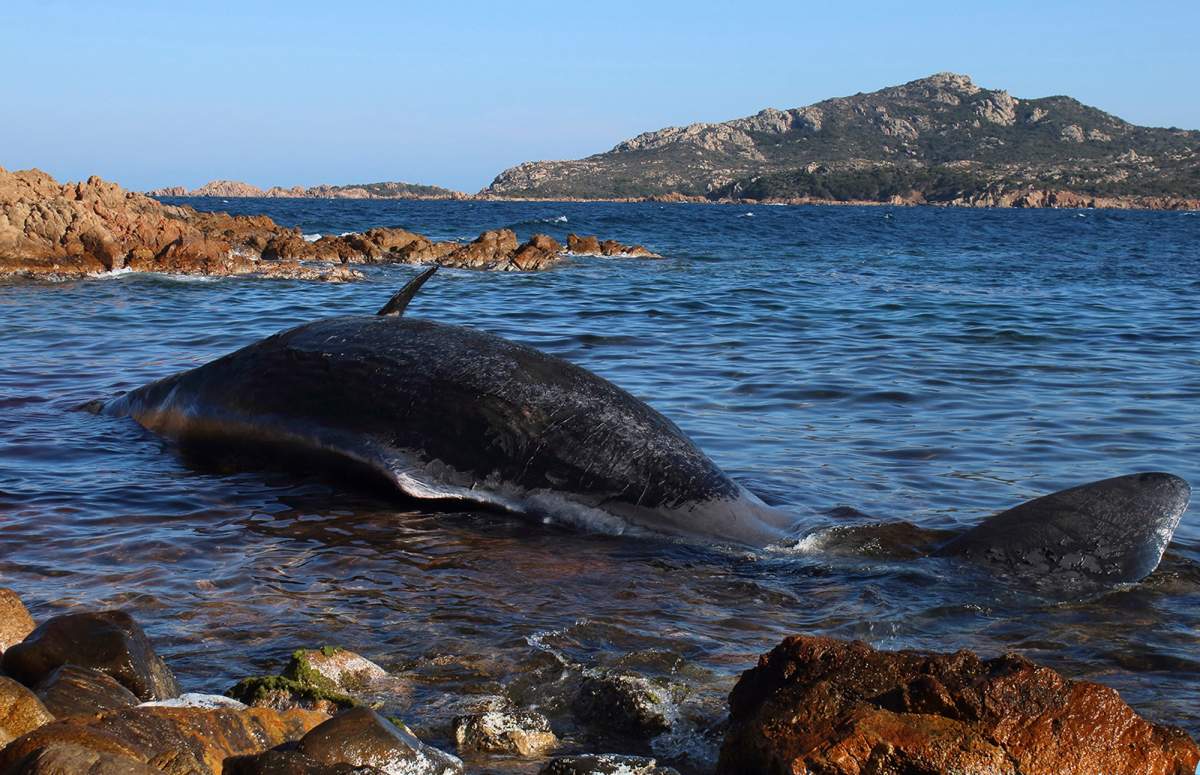
Comments
Want to discuss? Please read our Commenting Policy first.